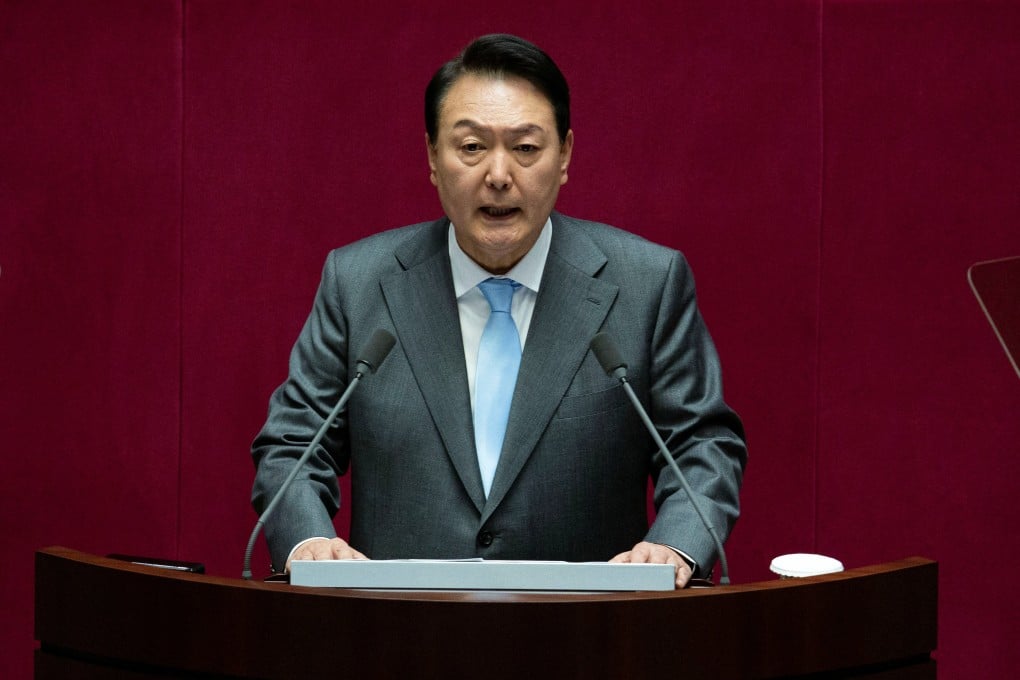South Korea’s women fear an ‘Nth Room’ repeat now Yoon Suk-yeol’s in charge
- South Korea’s new conservative president has dismissed the notion of systemic gender discrimination in the country, despite all evidence to the contrary
- Activists worry the limited progress that has been made cracking down on digital sex crimes could now stall, or even be reversed, under his tenure

The 24-year-old was later jailed for 42 years. His crime? Blackmailing underage girls to perform degrading sexual acts on video that he then uploaded to chat rooms on private-messaging app Telegram, in what became known as the “Nth Room” case.
Cho’s conviction marked a turning point for South Korean activists who have long called for judicial reforms that would prioritise digital sex crimes and ensure the needs of victims were better served. But with the election in March of conservative President Yoon Suk-yeol, some worry about recent progress stalling or being reversed.

South Korea has faced something of a reckoning over digital sex crimes in recent years. In 2018, as many as 50,000 women took to the streets to demand government action against so-called spycam porn, or molka, after a rash of cases involving intimate photos and videos shot with hidden cameras being circulated online.
The year before, only 119 of the 5,437 people arrested for such crimes were jailed, according to police statistics – a conviction rate of just 2 per cent. This is partly a result of prosecutors dropping cases before they get to trial, with a recent Human Rights Watch report finding that 43.5 per cent of digital sex crimes cases were abandoned in 2019, compared to 27.7 per cent of homicides and 19 per cent of robberies.
“One of the biggest issues with digital sex crimes today is proving a third party is guilty of consuming and distributing illegal content,” said Chang Da-hye, a research fellow at the Korean Institute of Criminology and Justice. “Perpetrators know how to tread the fine line very well, and they can make the excuse that they didn’t know about the nature of the video when they encountered it online.”
Chang wants to see “a wider allowance for what prosecutors can use as digital evidence in these cases” and a crackdown on online abuse that she said “leads to women questioning whether it’s reasonable to report such comments or if they are overreacting”.